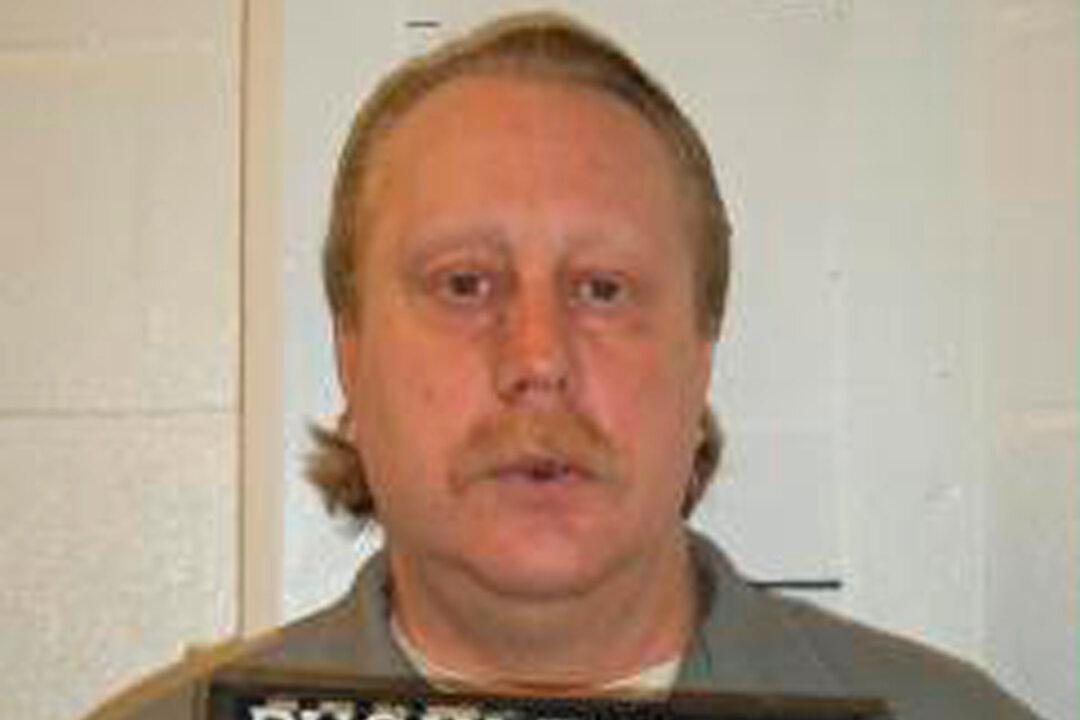WASHINGTON—A divided Supreme Court rejected a request from a condemned man in Missouri with a rare and painful medical condition to be gassed to death with nitrogen, instead of injected with lethal drugs, finding that even in his medical circumstances, lethal injection doesn’t violate the Eighth Amendment’s ban on cruel and unusual punishment.
The vote in the case, Bucklew v. Precythe, was 5 to 4 to reject convicted murderer Russell Bucklew’s claim. Justice Neil Gorsuch wrote the majority opinion, which is drawn so narrowly that it may have little impact on pending death penalty litigation. Justices Stephen Breyer and Sonia Sotomayor wrote separate dissenting opinions.





